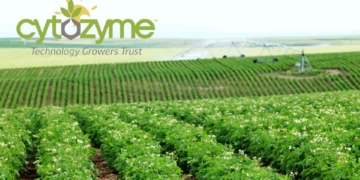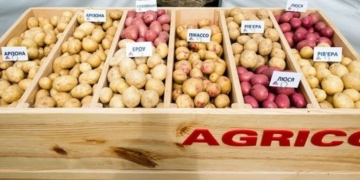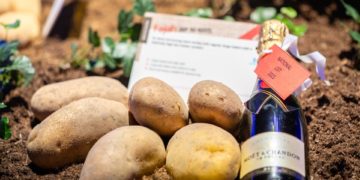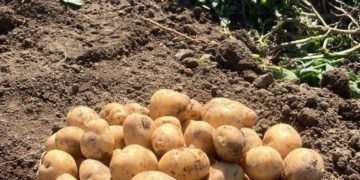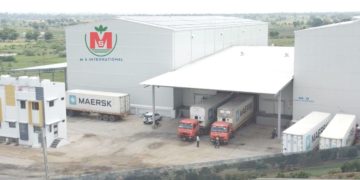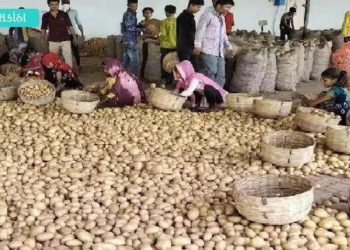Himachal Pradesh, nestled in the lap of the Himalayas, boasts a thriving potato industry that plays a crucial role in the state’s agricultural economy. Covering approximately 14,685 hectares, which accounts for about 20% of the total vegetable cultivation area in the region, potatoes in Himachal Pradesh are not just a crop but a lifeline for many farmers.
Unique Climatic Conditions and Superior Seed Quality
The climatic conditions in Himachal Pradesh provide an ideal environment for cultivating disease-free, high-quality potato seeds and table potatoes. With its cool temperate climate, high wind velocity, and moderate humidity, especially in the higher hills, the state offers perfect conditions for growing premium potatoes. The low aphid population further contributes to the production of disease-resistant potatoes, making Himachal Pradesh a prime location for seed potato production.
Key Advantages and Specialized Varieties
One distinguishing feature of potatoes from this region is their high dry matter content, reaching up to 20%, a vital factor for producing quality chips. Additionally, the timing of potato harvest in Himachal Pradesh is advantageous, with around 80% of the cultivated area relying on rainfed agriculture, predominantly managed by small and marginal farmers.
The Lahaul Valley: A Potato Paradise
The cold desert of the Lahaul Valley stands out as a significant area for potato production in Himachal Pradesh. Renowned for its disease-free potatoes, Lahaul Valley has a rich history dating back to 1854 when missionary A.W. Hide established a farm near Keylong. The valley, adorned with charming hamlets, specializes in cultivating prized seed potato varieties like Kufri Chandramukhi, Kufri Jyoti, Table Santana, and Shafordi, favored for chip production.
Market Reach and Agricultural Practices
Each year, a substantial quantity of Lahaul Valley‘s potatoes makes their way to markets across West Bengal, Bihar, Gujarat, Madhya Pradesh, Punjab, Uttarakhand, Uttar Pradesh, and the northeastern states, primarily serving as seed stock. The region’s focus on growing Kufri Jyoti potatoes benefits from river-fed irrigation and nutrient-rich snow-fed soil, ensuring premium quality produce.
Modernization and Traditional Cultivation
Private companies are encouraging farmers to cultivate chip-making varieties such as Santana, alongside traditional varieties. This diversification strategy allows farmers to cater to changing market demands while preserving their heritage crops. Post-harvest, potatoes are transported to Kullu town for grading before entering the market by late October, following price negotiations with government bodies and companies.
The potatoes of Himachal Pradesh exemplify a harmonious blend of tradition and innovation, showcasing the state’s agricultural prowess and commitment to quality produce.

